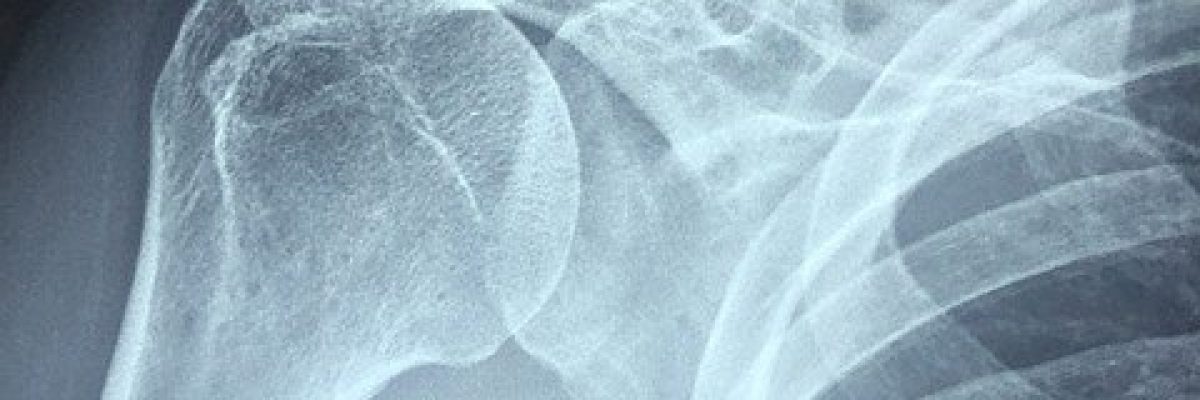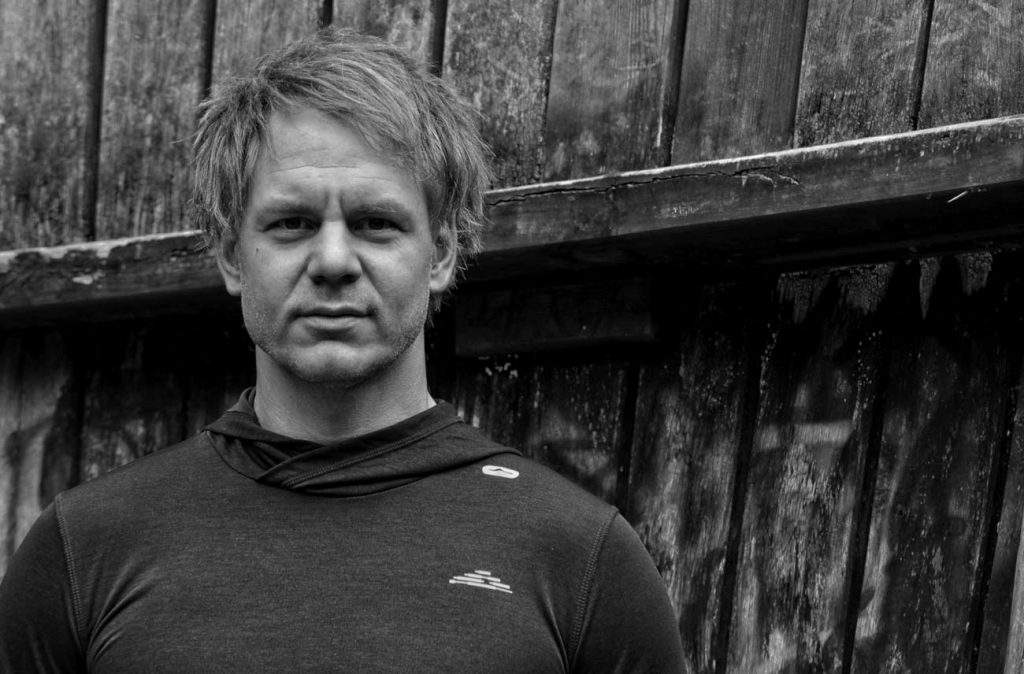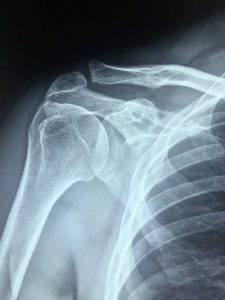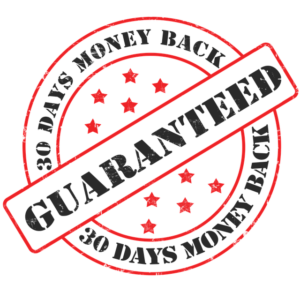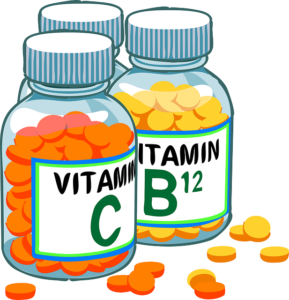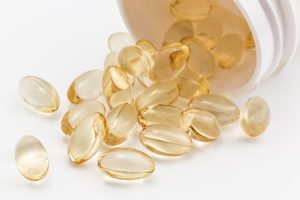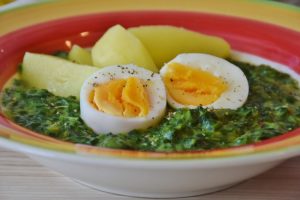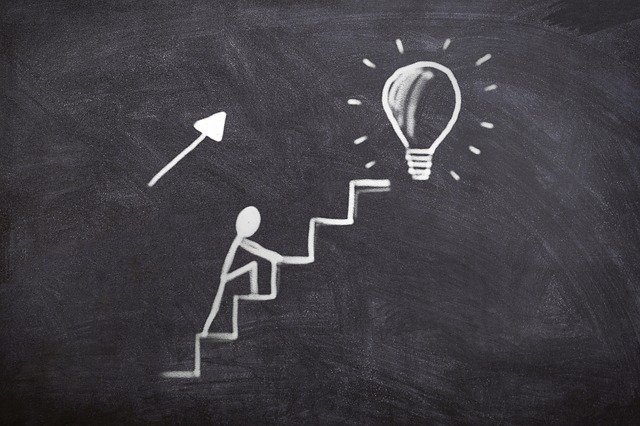The pain relieving expert is once again working on the formula for a pain-free shoulder. Why? Because, in my opinion, the shoulder is the part of the body that tends to always hurt or have restricted movement. Even if the shoulder is not always the most painful part of the body. And age is not a reason for the shoulder to hurt at the same time.
Well… Now he’s going completely crazy…. Really?
I maintain that age has little significance when it comes to shoulder pain. Why would the shoulder go bad 20… 30 years before the body deteriorates? The body is so perfectly and efficiently constructed. In everything it does and what the body can do – hence the question – the Creator has deliberately built a weak point into the shoulder, the hip, the knees and the lower back. Something that is already known in technology as a predetermined breaking point.
Of course, age has something to do with the fact that regeneration slows down with increasing age. But is it the case that just because you have reached a higher age, your shoulder automatically breaks down? I don’t think so. The problem is not age, but existing muscular imbalances.
But there is a tendency for muscular imbalances to increase with age, because the body simply can’t compensate for the abuse of the last 20, 30… 50 years simply can no longer compensate. Yes, I said it. Abuse.
I claim…. older cars automatically consume more fuel with increasing age. Is that true? Very likely. But is age now the trigger? Or the age and the degree of wear? Of the parts inside the engine? Hmmm … ?
I mean, you got it there, with the car. Why can’t it be the same in the shoulder? And if so, then the person would not be at the mercy of the known ongoing process. Right? That would be the case. So drugs, side effects, more drugs, unsuccessful treatments and finally the operation and finally the artificial joint…
If this topic is interesting for you, I will attach another article at the end. What could you do now with very simple means to do something good for your shoulder? Well, you could, for example, perform movements that the shoulder does not normally perform in daily routine. Why? To rebalance the muscular imbalances. And that makes it less painful? Yes.
Because the nerves and tissues that have been squeezed together for years would finally get some air to breathe again. And the brain would reward the relief with a reduction in the permanent joint threat with less pain switching. So what would be the simplest approach? Hang. On a pole. And if that’s too difficult, then hold the weight with your feet, i.e. not on a free slope.
I’ve done my own video on this before too.
Here: https://www.facebook.com/flowmotionIreland/videos/631820184183057But what happens when the shoulder cracks? There must be something bad in the shoulder. Otherwise it wouldn’t crack. Calm down. ![]()
A cracking sound does indicate an imbalance, but it is usually “only” a fold in the mucous membrane in the shoulder joint. This fold jumps back and forth over a bony protrusion (glenoid cavity or between the shoulder blade and the rib cage) and thus causes the cracking. So nothing bad. Questions? Suggestions?
-Arthrosis is curable. The cartilage can be formed again. https://www.facebook.com/flowmotionIreland/posts/726945464553273
-Why artificial joints cannot solve the original problem. https://www.facebook.com/flowmotionIreland/posts/948050852442732
And if you have problems with pain, not only in the shoulder, you will find out yourself how to contact me, won’t you?
Many success on your path.
See you next time.
Stay strong.
Matti

